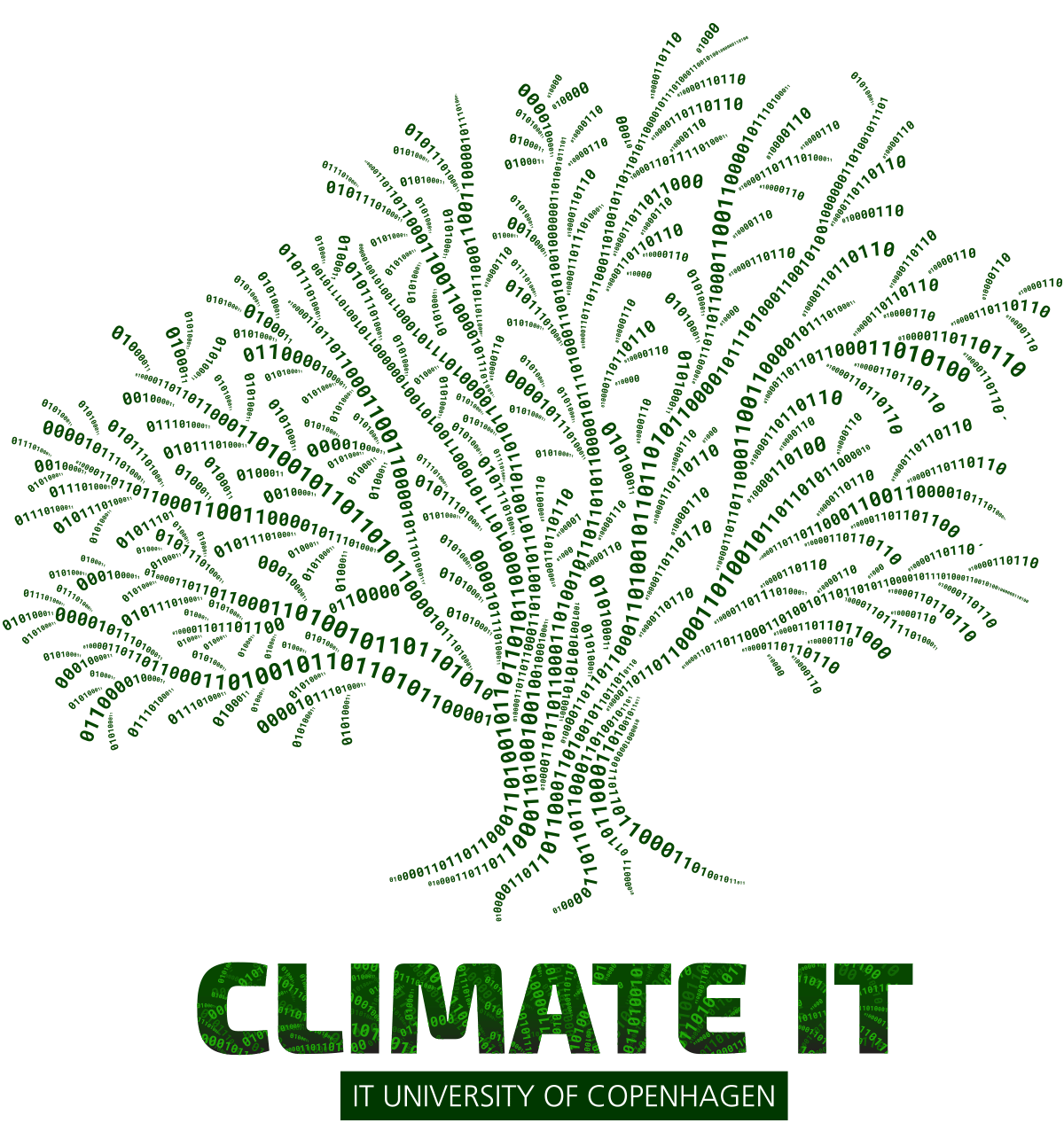Green PhD: Words alone cannot save the planet
In urban areas, bicycling is one of the most environmentally sustainable mode of transportation. PhD fellow at the IT University of Copenhagen, Anastassia Vybornova, uses computing skills to create the basis for better bicycle infrastructures in cities.
ResearchComputer Science DepartmentClimate ITgreen IT
Written 9 November, 2021 11:33 by Jari Kickbusch
Anastassia Vybornova was finishing her master’s thesis in Environmental Science at University of Copenhagen when she learned about a PhD call focusing on sustainability at the IT University of Copenhagen. Her previous work had focussed on climate change, and the call was the first of its kind at the university aiming to strengthen the capacity of researchers in field of IT focusing on sustainability. Anastassia Vybornova, who has lived most of her life in Vienna, had not planned to stay in Copenhagen after graduating from University of Copenhagen in August 2021, but in the PhD call she saw an opportunity to work for a cause in which she is deeply invested.
- For years, I was active in NGO’s working to support refugees. I was also interested in climate change, so when I did my bachelor’s in Technical Physics at Technical University of Vienna, I took as many courses related to climate change issues as possible. I found out that in academia, I could work for the sustainability agenda on a systemic level instead of just going to a demonstration, she says.
A position as Research Assistant at the Technical University of Vienna fuelled her ambition to make a difference in the field of science.
- The project was about analysing data from environmental experiments. For example, there was a project at the institute looking at how climate change affects water quality. My interest in climate change was already there, when I started, but I got the tools there. I learned programming, and I could see that what I learned, could actually be applied to something useful, says Anastassia Vybornova.
Bicycles in Copenhagen
Anastassia Vybornova completed a joint master’s degree at the University of Natural Resources and Life Sciences, Vienna, and at the University of Copenhagen. Associate Professor at the IT University of Copenhagen, Michael Szell, served as co-supervisor on her thesis, Identifying and classifying gaps in bicycle networks, and he encouraged her to continue her work as a PhD student upon her graduation. On October 1, 2021, Anastassia Vybornova, enrolled as the first ever ”green” PhD fellow at the IT University.
- It was perfect for me because computation is what I’m good at and sustainability is what I want to use it for. It’s very fortunate that this came together, says Anastassia Vybornova, whose PhD project uses computational approaches from data science and network science to establish a quantitave framework for bicycle network planning. She hopes that her PhD will provide city planners with methods to build better bicycle infrastructure at the lowest cost.
- Bicycle infrastructures are often planned by the decision makers who tend to look solely at their own cities. We’re trying to find mathematically based methods to improve the process, and I hope the outcome will be a kind of decision-supporting tool that may contribute to better bicycle infrastructures in many cities … My goal is to create cities where everyone would be comfortable biking, she says.
Action speaks louder than words
So, what does Anastassia Vybornova hope to achieve with her work, and what is her ideal contribution to the environmental sustainability efforts? The researcher ponders the question before answering. On the one hand, she is sceptical of political strategies that suggest using “green” technologies in quick fix solutions to save the environment.
- Digital technologies are often presented as this magical solution but it’s just words. The climate doesn’t care about that. Decision makers talk about smart cities, smart homes, smart cars but I don’t think that’s enough. I think that globally the biggest problem is of a socio-economic nature. It’s about the distribution of resources, she says.
On the other hand, in data science, she sees an opportunity for herself to make a real difference in the world.
- I hope that more people, who love to solve logical puzzles, will invest their energy in IT for the benefit of humanity. I don’t expect my research to save the world, and I love to argue that most researchers either completely over- or underestimate how much they can actually change. But for me it’s about investing my time and energy in something meaningful, and I plan to stay idealistic about that in the future, she ends.
